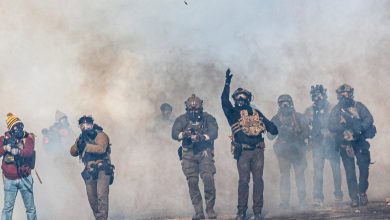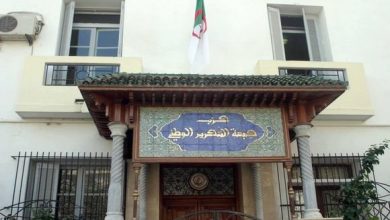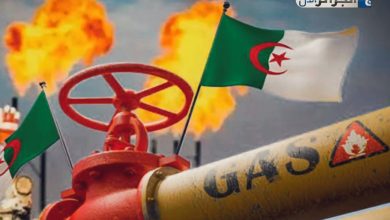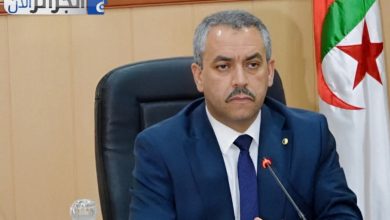Conakry, Guinea – Guinea is on the cusp of a pivotal election as the Supreme Court has officially approved nine candidates for the upcoming presidential race. The highly anticipated election, scheduled for December 28, 2025, marks a significant step in the nation’s transition following years of political upheaval.
The final list of contenders, released by the Supreme Court, includes the incumbent transitional President, General Mamady Doumbouya, alongside eight prominent challengers. This decision comes after the court reviewed 51 submitted applications, meticulously narrowing the field to the final nine.
Among the approved candidates are influential figures from across Guinea’s political spectrum. Faya Lansana Millimono, a vocal critic of the current military council and candidate for the Liberal Bloc party, is set to challenge Doumbouya. Other notable candidates include Abdoulaye Yero Baldé representing the Democratic Front of Guinea, Makalé Camara, former Minister of Foreign Affairs running for the National Alliance Front, and Ibrahima Abe Sylla of the New Generation for the Republic.
The approved list also features Abdoulaye Kourouma from the Rally for Renaissance and Development, Mohamed Nabé of the Alliance for Renewal and Progress, El Hadj Bouna Keita representing the Union for a Prosperous Guinea, and independent candidate Mohamed Chérif Tonkara.
The Supreme Court has addressed and dismissed appeals from candidates who were not selected, deeming them “invalid.” The court emphasized that a thorough analysis of all applications was conducted to ensure the integrity and transparency of the electoral process. Political observers view this rigorous process as crucial for building confidence in the outcome of the election.
This election follows more than four years after the military coup that ousted former President Alpha Condé, ushering in a period of transition under the leadership of the military council. In September, Guineans overwhelmingly approved a new constitution, comprising 199 articles. A key provision of the new constitution limits the presidential term to seven years, renewable only once.
The upcoming election represents a critical juncture for Guinea, with the potential to shape the country’s political landscape for years to come.




